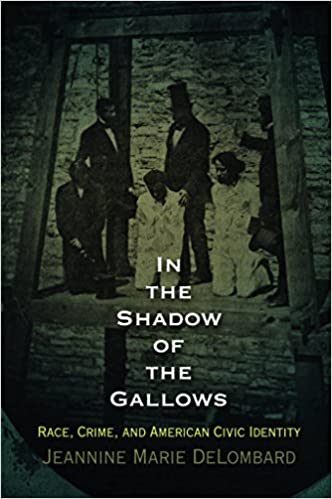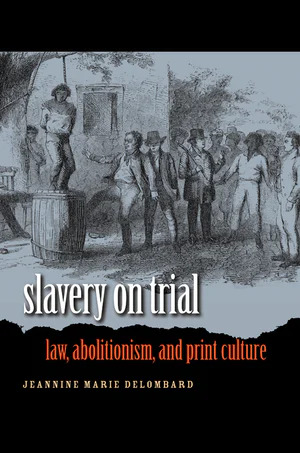In the Shadow of the Gallows
Race, Crime, and American Civic Identity
- Author: Jeannine Marie DeLombard

From Puritan Execution Day to gangsta rap, the Black criminal has been an enduring presence in American culture. In the Shadow of the Gallows eschews the language of pathology and persecution to view the African American felon from the perspectives of publicity and personhood. When the Dred Scott decision declared that African Americans have “no rights which the white man was bound to respect,” it overlooked the right to due process, which ensured that Black offenders – even slaves – appeared as persons in the eyes of the law. For a century before the Civil War, state punishment affirmed Black political membership in the breach, while a thriving popular crime literature provided early America’s best-known models of individual Black selfhood. Before there was the slave narrative, there was the criminal confession. Placing the Black condemned at the forefront of the African-American canon allows us to see how a later generation of enslaved activists could marshal the public presence and civic authority necessary to fashion themselves as eligible citizens. At the same time, in an era when abolitionists were charging Americans with the national crime of “manstealing,” a racialized sense of culpability became equally central to white civic identity. What, for African Americans, is the legacy of a citizenship grounded in culpable personhood? For white Americans, must membership in a nation built on race slavery always betoken guilt?
Purchase
Citation Information
- Full Title: In the Shadow of the Gallows: Race, Crime, and American Civic Identity
- City of Publication: Philadelphia
- Publisher: University of Pennsylvania Press
- Publication Date: 2012
